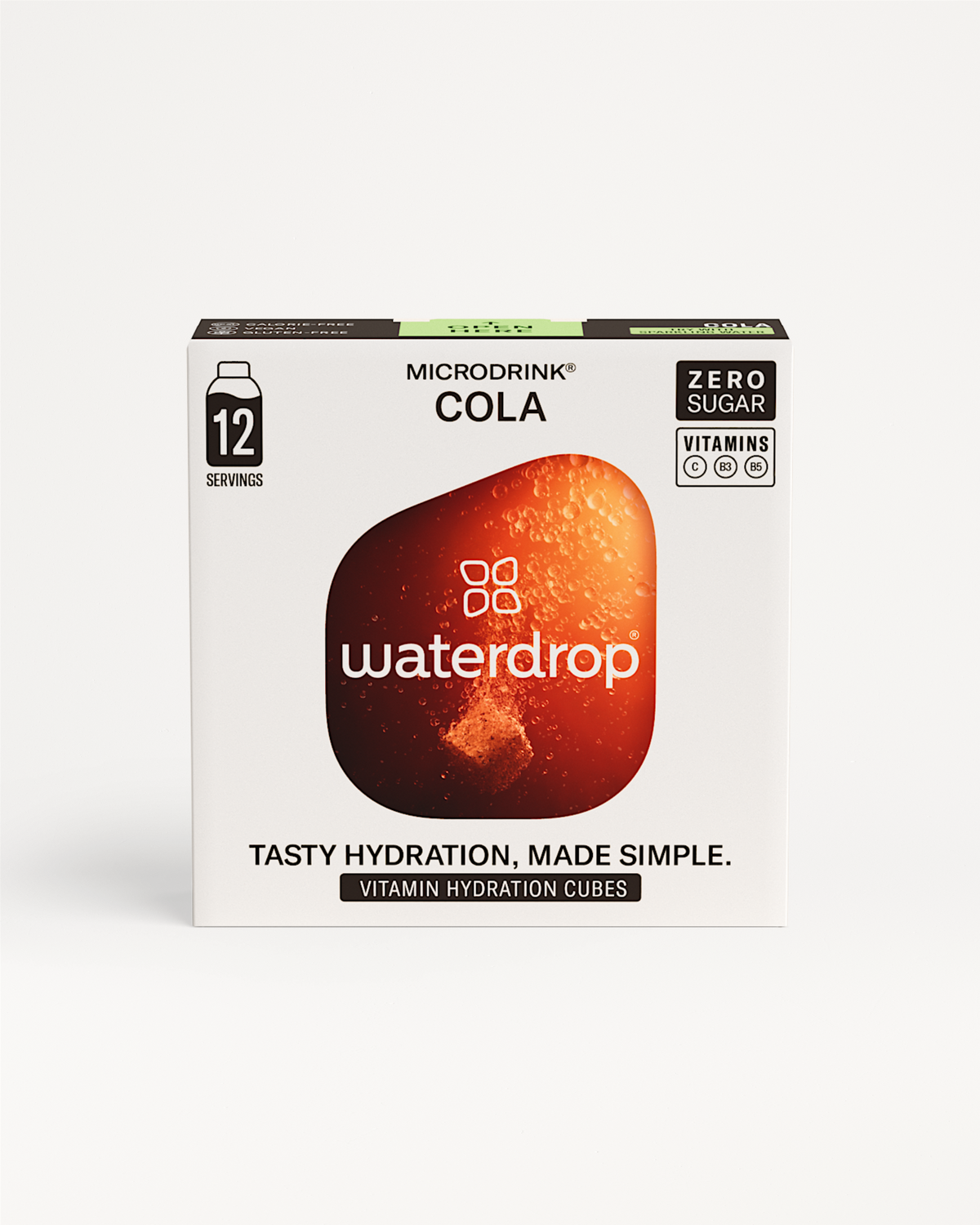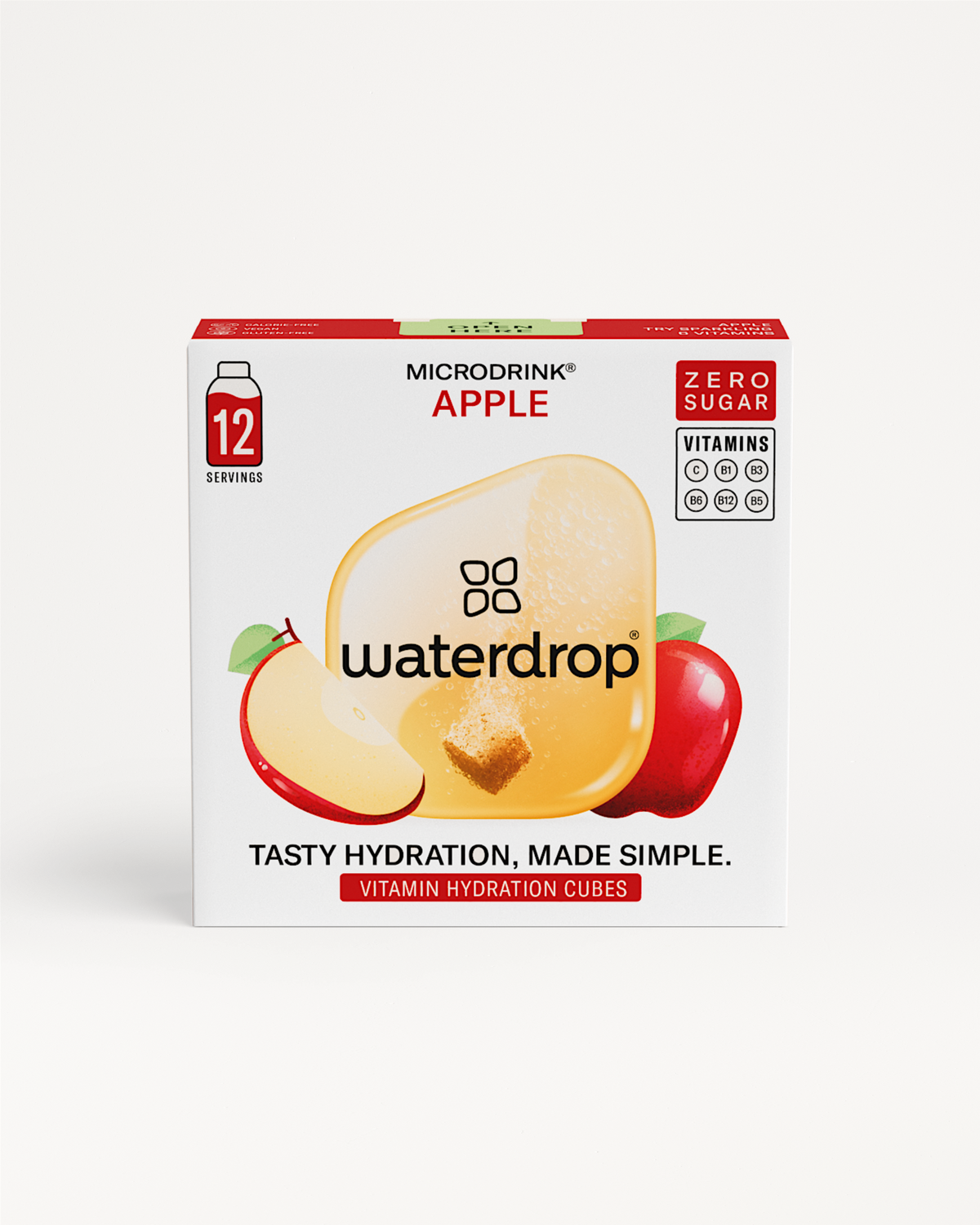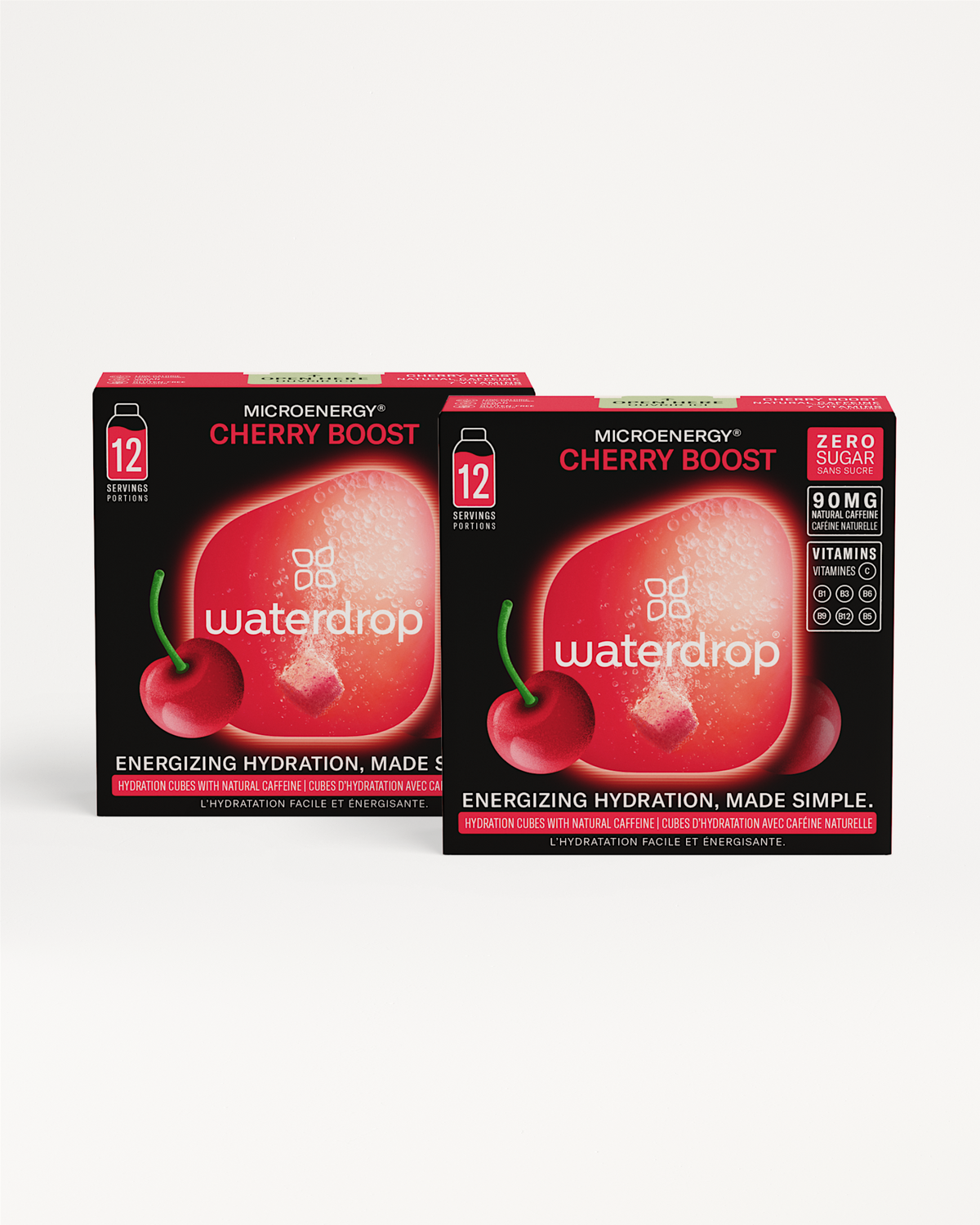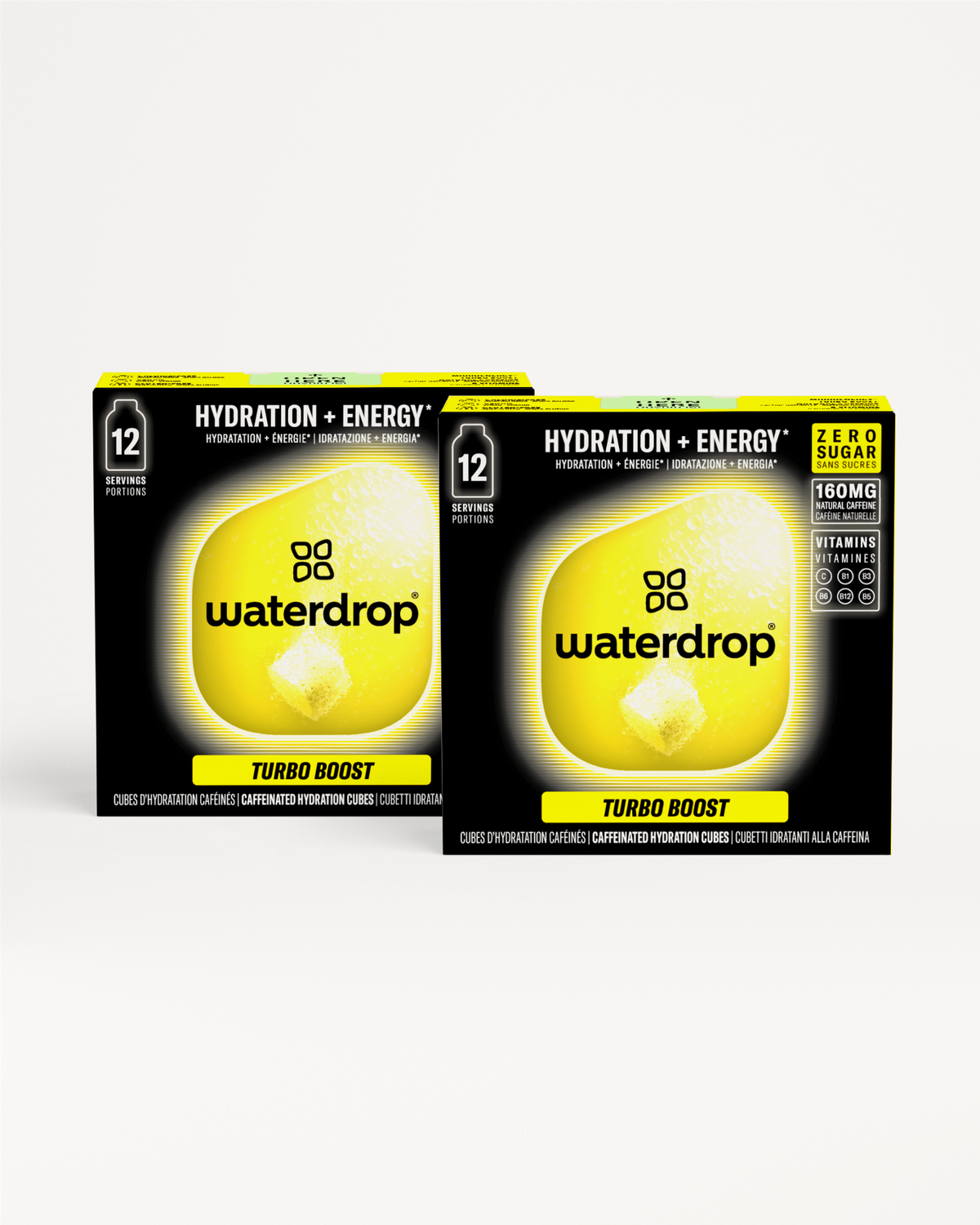Now that summer is around the corner, staying hydrated is even more important – not just for our physical health but also our mental well-being. If you didn’t know already, dehydration is linked to many mental health ailments such as chronic fatigue, depression, anxiety and even psychosis (in more severe situations). Not sure why that is? Read on and let’s find out more!
Importance of Water
You’ve read this many times in our blog but let’s drive this in one more time: water is key to survival. The average person can survive up to three weeks after they stop eating. However, without water, we can only live for three days. Not only is water necessary for our cells to carry out essential functions, our brains also depend on water consumption to perform cognitive functions. Without water, our brains can’t operate to the best of their ability and so, it’s entirely understandable that drinking more water helps to…
1. Lower the risk of anxiety
Have you ever wondered why you are always offered a glass of something to drink the minute you step into a spa? This is because water has natural calming properties! Even if you are not experiencing anxiety, drinking water can help create feelings of relaxation. Being dehydrated also depletes the levels of amino acids in your brain and this results in feelings of anxiety, irritability, dejection and inadequacy.
2. Reduce stress levels
When you’re not adequately hydrated, your body enters a vicious cycle of stress and dehydration. Not giving your body the fluids it needs puts further stress on it and your body then reacts by producing cortisol (aka the stress hormone!). Research has shown that being just a half litre dehydrated is enough to increase your levels of cortisol.
It also doesn’t help that when you are under chronic stress, your adrenal glands are unable to function as efficiently and this decreases the production of aldosterone, which is needed to help regulate fluids and electrolyte levels in the body. Drinking enough water and helping to calm yourself, is the quickest way to regain fluid balance and reduce your stress levels, which in turn…

3. Lowers the risk of depression
Depression is closely linked to low serotonin levels – an important neurotransmitter in your brain that helps increase feelings of well-being and happiness. When you are dehydrated, your brain’s ability to produce serotonin is limited, as your body needs a lot of water to transport tryptophan (a type of amino acid) into your brain to be converted to serotonin. Having subpar levels of serotonin can lead to you feeling down, even when things are actually not that bad.
4. Prevent fatigue
As nearly all our body functions require fluid balance, even the slightest drop in fluid balance can affect our daily life. If this fluid isn’t replaced quickly, our blood volume decreases and the heart has to work even harder to make sure our skin and muscles get the oxygen and nutrients they require. As dehydration takes its toll, the body redirects blood away from the skin and towards working muscles. This eventually leads to you feeling fatigue and lightheaded
5. Improve mood and sleep patterns
With your brain (and the rest of your body) being so reliant on water, it’s understandable that staying on top of your hydration can help keep you in a good mood. Studies have shown that people who usually drink lots of water feel more tense whenever their water intake drops below their regular intake. Drinking more can hence help to maintain a good mood, which in turn promotes better sleep as going to sleep anxious and agitated keeps your body feeling aroused and alert. Not being able to turn your brain off completely results in poor sleep for the night and a crabby mood the next day (and so, the cycle continues!).
Conclusion
Prioritising hydration is essential for maintaining optimal mental health and overall well-being. Staying hydrated helps to lower the risk of anxiety and stress, while simultaneously supporting serotonin production. This reduces the risk of depression and promotes feelings of happiness. Additionally, by ensuring we drink enough water, we also help to prevent fatigue through maintaining fluid balance and this then facilitates proper oxygen and nutrient delivery throughout the body. Maintaining good hydration is also linked to a positive mood and a better night’s sleep which leaves you feeling refreshed both physically and mentally. If you haven’t drunk quite enough water today, consider this a reminder to pick up your bottle and chug away – your body will thank you for it!
































